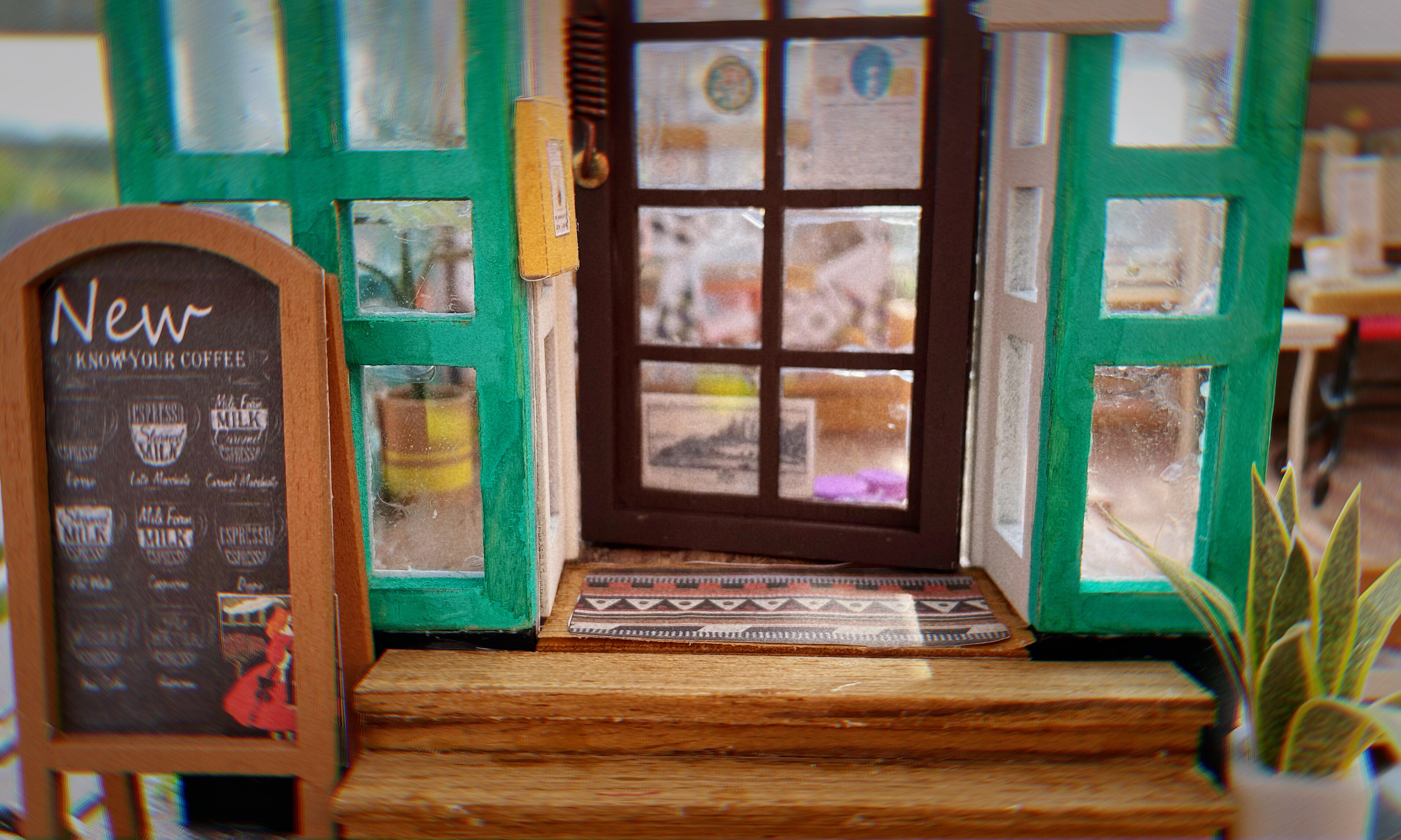“Though we used different signed languages, these Chinese Deaf people and I could make ourselves understood; and though we came from different countries, our mutual Deaf culture held us together. By the end of the evening we’d talked about Deaf life in China, and about Chinese politics.” I nodded. “You couldn’t do that in China,” he said. “No hearing person could. So who’s disabled then?”
其实读到这本书里关于唐氏综合征和自闭症的案例,我会觉得其实挺像小猫小狗的,比如和周围人沟通困难,会乱喊乱叫,会搞破坏;但好的时候又特别好,比如唐氏综合征的孩子性格普遍善良可爱,自闭症小孩虽然可能不会表达爱意,但是对熟悉的人还是偶尔会亲吻、拥抱、依偎在身旁,感觉真的很像小猫小狗。所以为什么人类对小猫小狗的情感那么正面,却很难接受举止类似的人类小孩,是因为对人类会有不一样的期待吗…(如果有冒犯的话先道个歉,目前还不是很了解这些病症,而且个体的差异性也很大![]() )
)
The dangers of seeing disability entirely as illness and not at all as identity are starkly evident in the explanation Dr. Karen McCarron gave for suffocating her three-year-old daughter, Katie, in 2008. She said, “Autism left me hollow. Maybe I could fix her this way, and in heaven she would be complete.” […] Katie McCarron’s paternal grandfather has responded to such rationalizations with indignation. “Some newspapers have reported that this was done to end Katie’s pain; let me assure you that Katie was not in pain,” he wrote. “She was a beautiful, precious and happy little girl. Each day she was showered with love and returned that love with hugs, kisses, and laughter. I am positively revolted when I read quotes that hint at condoning the taking of my granddaughter’s life.”
@unagi 家里有同辈长我几岁的亲戚是脑瘫儿,几乎从来没见过,也就小时候会把她带出来“放风”,我觉得认识的人对她的恐惧——真的是恐惧,甚至那对夫妻就再没有生过小孩——有点雷同于恐怖谷效应,那是长着和他们相似的脸,相似的身体的东西。虽然像养动物一样养她,并且在朴素道德下养的还算比新闻里好,但感觉像是在养偶尔像人的东西,而不是偶尔像猫狗的东西。
@xzr_5231 你提“恐怖谷”这个词我就能理解了…好像人还是很难摆脱“长成某个样子的东西就应该做某种事”的认知,并不是嘴上说着“人就是有多样性的”实际上就能接受。
@unagi 但其实也只是表雷同啊,和恐怖谷又不太一样,如果光是浅显了讲的话就太不人道了,哪怕是脑瘫儿也会感到痛苦的,我家人曾提过她会在半夜喘着哭音在客厅一阵一阵徘徊,虽然这样说显得特别恐怖片,但实际上那种没办法表达出来的痛苦比恐怖片更痛苦吧
@xzr_5231 可能同类之间有办法理解呢?书里面提到了这样的组织,经常会办一些聚会

@unagi 啊,所有的解决途径都是祛魅的,但这也太理想了uu👀就不说人权普低的东亚,就连北欧国家的落地无障碍化目前也只普及到躯体障碍啊👀